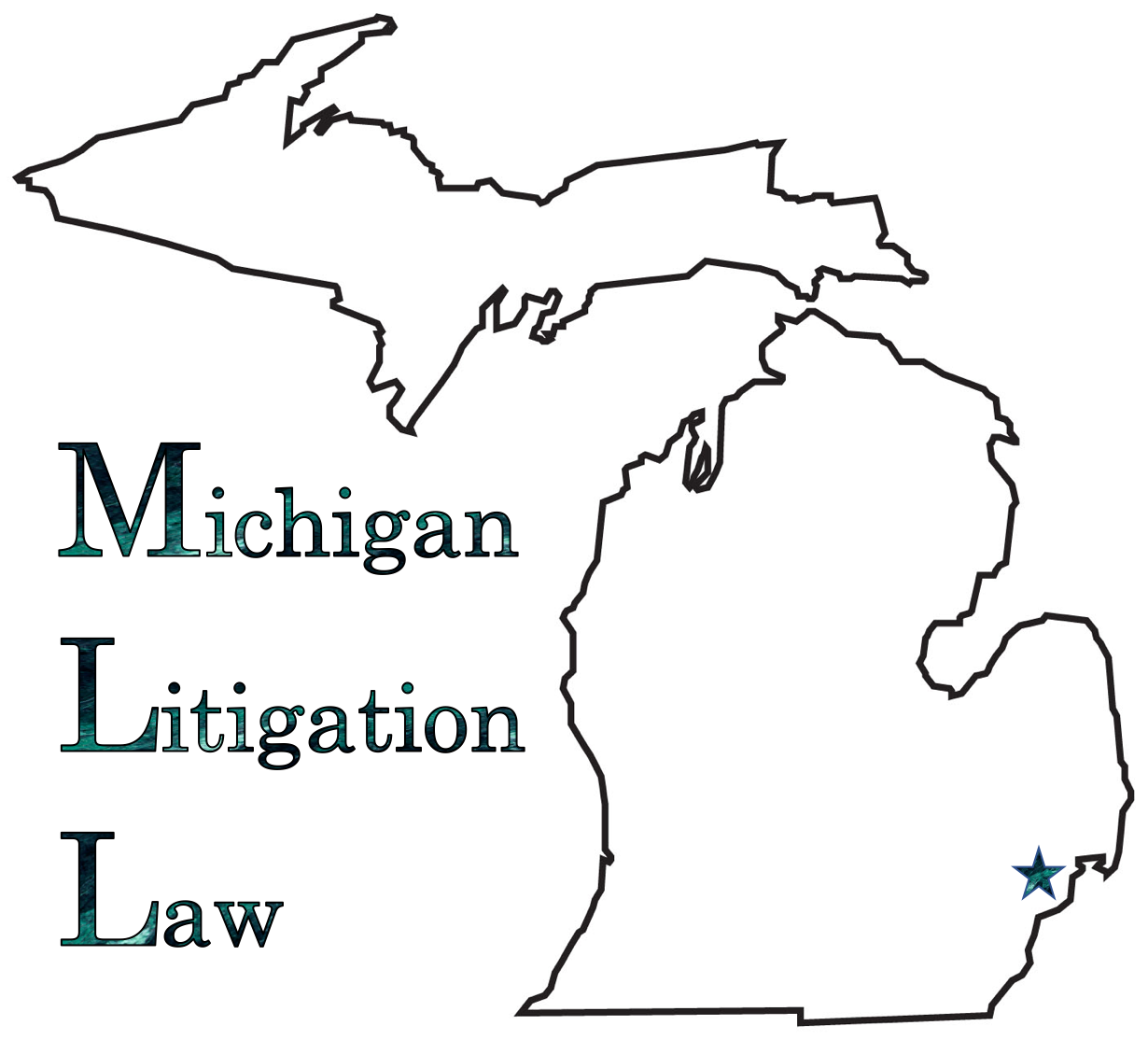Federal judge green-lights collection of voter data
(CNN)A federal judge in DC declined to block President Donald Trump's voter integrity commission from collecting data on voters from 50 states in a ruling on Monday, handing a win to an administration inundated by lawsuits over the commission's request.
The commission's vice chairman, Kris Kobach, sent a letter to all 50 states requesting a slew of voter roll data in late June. Kobach said he was only asking for what was publicly available under the laws of each state, but the request nevertheless triggered rapid-fire litigation in federal courts, including a suit by a privacy rights group in which claimed the commission had failed to comply with federal law and the request violated constitutionally-protected privacy rights.
The commission ceased all collection efforts earlier this month and opted to switch from using a Defense Department website to host the voter data to having it maintained by an existing system within the White House.
US District Court Judge Colleen Kollar-Kotelly concluded Monday that the Electronic Privacy Information Center did not have standing to sue on all of its claims under existing case law.
"Under these factual circumstances ... the only practical harm that plaintiff's advisory board members would suffer, assuming their respective states decide to comply with the commission's request in the future, is that their already publicly available information would be rendered more easily accessible by virtue of its consolidation on the computer systems that would ultimately receive this information on behalf of the Commission," Kollar-Kotelly wrote. "At most, plaintiff has shown that its members will suffer an increased risk of harm if their already publicly available information is collected by the commission."
The judge further concluded that the White House Information Technology office -- now tasked with collecting the voter roll information on behalf of the commission -- is not an independent "agency" for purposes of the federal statues EPIC sought to rely upon, and therefore, a federal court "cannot presently exert judicial review over the collection process."
Kollar-Kotelly did, however, say in her order that if circumstances should change, EPIC may come back to seek further relief. Before the collection process was put on hold, some states had rebuffed the commission's request altogether and others expressed willingness to provide information that is already public.
The Trump administration has prevailed in several other lawsuits that challenged the commission's efforts on privacy grounds or rules regarding open meetings. But at least one, filed by the NAACP Legal Defense & Educational Fund that alleges statements from Trump and his surrogates show the commission was set up with the intent to discriminate against black and Latino voters, remains pending in federal court in New York.

